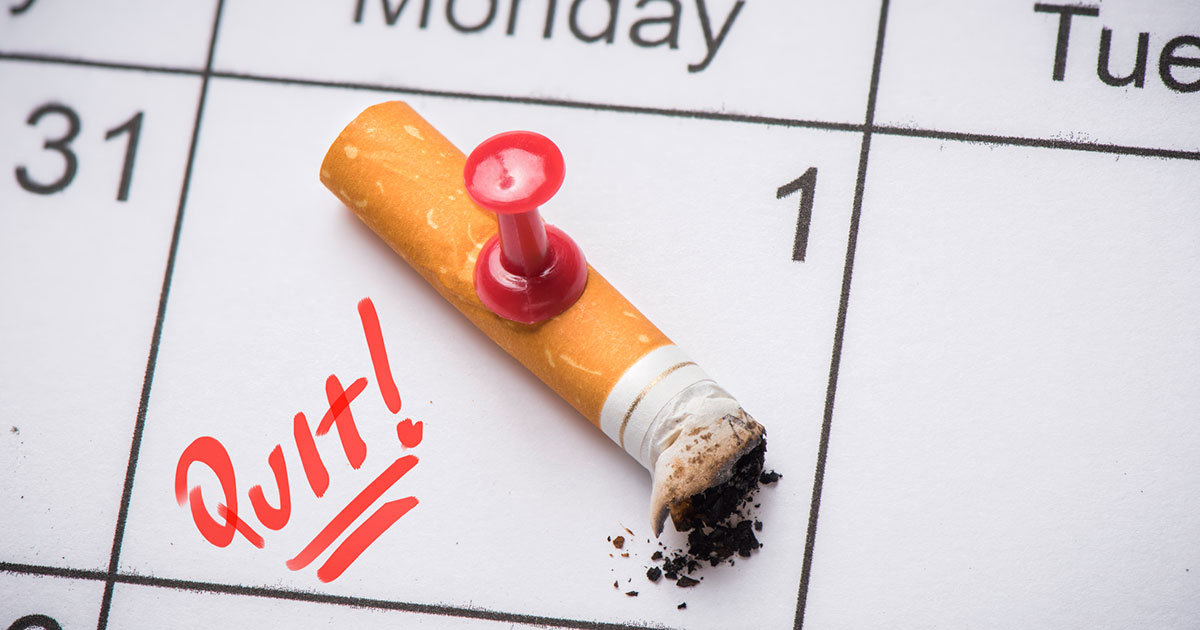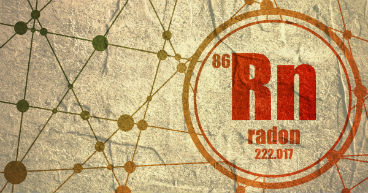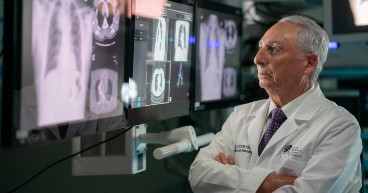
Kicking the tobacco habit is never a bad idea, and it’s never a bad time to quit. Maybe you have a baby on the way. Your new partner doesn’t like the smell. Perhaps you realize the money you’d save by quitting. Or maybe you’ve been diagnosed with a serious health condition or disease, like cancer.
Of course, if quitting was easy, 40 million Americans may not still be smoking, despite the known health risks. Studies, in fact, show that up to 90 percent of smokers who try to quit relapse in the first year. The good news is that the relapse rate drops up to 4 percent for each year a smoker abstains from cigarettes.
So, if you’re looking for reasons to quit, here are some busted myths about smoking that may inspire you to kick the habit.
Myth: Smoking only affects the lungs
Smoking is a risk factor for at least 17 types of cancer—including bladder cancer, breast cancer and pancreatic cancer—and is estimated to kill nearly 6 million people worldwide each year. Tobacco smoke is a mixture of chemicals, at least 70 of which are known carcinogens.
Inhaling cigarette smoke sends tobacco’s carcinogenic compounds into the mouth or nose and down the windpipe, damaging tissue and cells all the way to the lungs. Smoke may damage the lining of the lungs and cilia, which are fine hairs that keep the lungs clear by sweeping out mucus and fine dirt particles.
Cigarette smoking also:
- Is one of the major causes of heart disease. It damages blood vessels and increases the chances of develop blood clots or plaque build-up that may lead to a heart attack or stroke
- Damages the gums and promotes tooth decay
- Affects the esophagus and stomach and may cause gastroesophageal reflux disease (GERD).
- Has toxins that enter the bloodstream and are carried to other organs throughout the body and may create a host of health problems.
According to the results of a 2016 study published in the journal Science, researchers found that after just one year of smoking a pack of cigarettes each day, the patients studied developed more than 150 new genetic mutations affecting their DNA—97 mutations in the cells lining the larynx, 39 in the cells of the pharynx and 23 in the cells in the oral cavity. Some of those mutations may be harmless, but the more there are, the greater the risk that one or more will develop into cancer. DNA controls a cell’s growth and function. When its DNA is damaged, a cell can begin to grow out of control and form a cancerous tumor.
Even organs with no direct exposure to tobacco smoke appeared to be affected, according to the cancer research. The study counted 18 new mutations in every bladder cell and six new mutations in every liver cell for each year the smokers inhaled a pack per day.
“This study confirms, at the molecular level, what we have known for many years,” says Bruce Gershenhorn, DO, Lung Cancer Program Director at Cancer Treatment Centers of America® (CTCA). He was not involved in the study. “The toxins in cigarettes cause direct DNA damage, resulting in hundreds of cancer-causing mutations.”
Myth: Secondhand smoke isn’t that bad
Secondhand smoke is a risk factor for lung cancer because the smoke exposes the nonsmoker to the same cancer-causing chemicals as the smoker. Nonsmokers exposed to secondhand smoke at home or work have a 20 percent to 30 percent increased risk of lung cancer compared to those who have not been exposed to secondhand smoke.
The more you’re exposed to secondhand smoke, the greater your lung cancer risk becomes. “Even brief secondhand smoke exposure may damage cells in ways that set the cancer process in motion,” the U.S. Centers for Disease Control and Prevention (CDC) says on its website.
A 2018 study published in the International Journal of Environmental Research and Public Health “confirmed that exposure to secondhand smoking significantly increases the risk of overall cancer for never smokers. In particular, secondhand smoking significantly increases the risk of breast and lung cancer and cancers in women.” The researchers estimated that secondhand smoking increased the risk of breast cancer by 24 percent and lung cancer by 25 percent in the patients studied.
Myth: Smoking just a few cigarettes a day isn’t harmful
Yes, the more you smoke, the greater your lung cancer risk. But even just a few cigarettes a month may be harmful.
A study published in JAMA Network Open, an open-access medical journal of the American Medical Association, found that smoking six to 10 cigarettes a month—fewer than one a day—elevates your risk of getting cancer. It said occasional smokers have almost four times more of a chance of dying from a smoking-related cancer than nonsmokers.
“In this nationally representative study, both daily and nondaily smokers had substantially higher mortality risks than never smoking,” said the authors of the study, led by Maki Inoue-Choi, PhD, MS, of the National Cancer Institute.
Myth: Light cigarettes are less risky
“Light,” “low tar” or “mild” cigarettes were once marketed as having different tobacco blends, filters and other features that would expose smokers to less tar. And yet they still pose the same risks as regular cigarettes. They are in no way “safer” cigarettes, which is why the federal government banned the use of such terms on cigarette packaging.
The idea that “light” cigarettes reduce susceptibility to lung cancer “is completely false,” says Emil Abramian, MD, Director of Interventional Pulmonology at CTCA® Philadelphia. “They are still directly linked to causing cancer.
The CDC also makes the message clear: “No cigarette is safe. Tobacco smoke contains more than 7,000 chemicals. At least 250 are toxic.”
Myth: Smoking is the only risk factor for lung cancer
Although smoking is the leading risk factor for lung cancer, it’s not the only one. Other factors linked to a higher risk of lung cancer include:
- Asbestos
- Air pollution, including diesel exhaust
- Genetic factors, such as a family history of lung cancer
- Radon gas in the home
- Radiation
- Arsenic in drinking water
- Frequent consumption of cured meats
Myth: Cigars aren’t bad because you don’t inhale
Cigar smoke contains many of the same cancer-causing chemicals as cigarette smoke, but often in higher concentrations. Large cigars can take one to two hours to smoke, resulting in increased exposure to toxins.
Even if you don’t inhale while cigar smoking, your mouth, throat and lips are exposed to cancer-causing chemicals, as is your esophagus when you swallow saliva that contains the chemicals. While cigar smokers typically have lower rates of lung cancer compared to cigarette smokers, they have a higher risk than nonsmokers.
One important way to prevent lung cancer, Dr. Abramian says, is to avoid all smoking, including marijuana and tobacco products like cigarettes, cigars, pipes and e-cigarettes. He also advises taking steps to avoid being exposed to asbestos and not exposing young children to secondhand smoke, recommending that adults never smoke around children, not even outside or on a porch.
Myth: Cutting back is just as good
People often assume that because they don’t smoke “that much” or “most of their cigarettes burn out,” they’re not at an increased risk, Dr. Abramian says. In reality, even if you smoke one to four cigarettes a day, you’re still at an increased risk of lung cancer death.
“Each cigarette you smoke hurts your lungs, your blood vessels, and cells throughout your body,” the CDC says, advising that “cutting back is not enough to protect you. You have to quit entirely.”
A 2019 Columbia University study found that people who smoke fewer than five cigarettes a day may still cause long-term damage to their lungs.
Study leader Elizabeth Oelsner, MD, says “it turns out that the difference in loss of lung function between someone who smokes five cigarettes a day versus two packs a day is relatively small.”


